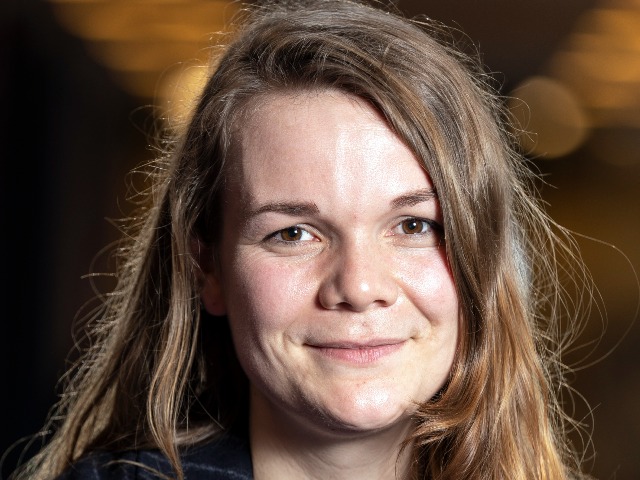Polarization in the Netherlands - part two

Last week on our blog, we featured the book Sjoerd Beugelsdijk wrote about polarization in the Netherlands. Beugelsdijk was one of Juliette de Wit’s supervisors during her PhD research. Her PhD thesis also looks at the same topic. She found three different profiles that capture the way the Dutch identify with the Netherlands. And it seems that we have more in common than we think.
What is the topic of your thesis?
“I investigated values, culture, and national identity in economics. These closely related concepts have become more important following major changes in the 20th and 21th century: countries, firms, and people have become increasingly interconnected in today’s globalized world. Yet the benefits of globalization end up with only a lucky few. While the boundaries of nation states fade, national sentiments are rising.
We all recognize that people seem to connect easily to people who share the same ideas through the internet, while they might not even know their own neighbours. Mainstream and social media increasingly shape the public opinion. Sometimes, issues attract a disproportionate level of attention and polarize public opinion (think for example of Zwarte Piet). I investigated these (and related) developments in my thesis, adopting an interdisciplinary approach that combines insights and methodologies from multiple social sciences (economics, political science, philosophy, and sociology).”
You look at the relation between national identification, public opinion, and voting behaviour. Our gut feeling is that the debate on various issues (think of COVID, Zwarte Piet, immigration, or European integration) polarizes. What did you find?
“There was not much existing evidence supporting these gut feelings. So I wanted to examine this further. To do so, I used a representative dataset of more than 4000 Dutch respondents. Using a statistical analysis called archetypal analysis, I found three profiles — archetypes — that capture the way people identify with the Netherlands. On the one hand there are people that identify with the Netherlands via symbols and traditions (think of the Dutch flag and the national anthem). On the other hand, there are people that identify with the Netherlands via civic liberties and the democratic system. I also found a third group which does not identify strongly via any type of characteristic. This group is indifferent when it comes to identification with the Netherlands.
The three profiles correlate strongly to people’s opinions on some of the issues I mentioned above. There is a clear opposition between people identifying with symbols and traditions versus people identifying with civic liberties. The stronger people identify with one of these profiles, the stronger opinions polarize. Moreover, polarization in the debate on Zwarte Piet correlates to opinions on other issues, such as immigration and European integration. When extending the analysis to voting behaviour, I find the same the opposition between people identifying with symbols and traditions versus people identifying with civic liberties.
Interestingly so, even though many people have the feeling that polarization is rising, my analysis shows that only very few people can be positioned at the extreme ends of the debate. In other words, not many people fully represent one of the three profiles that I found. It is a minority that diametrically opposes each other. The majority of the sample has characteristics of each profile. Moving forward, it would be interesting to see whether this pattern changed following the pandemic, and how opinions related to COVID (vaccination, compliance to government regulations, etc.) fit into the picture.”
Speaking of COVID, how did this influence your defense?
“The 2nd of December was a day to remember. Not “just” because it was the day of my defense, but also because the pandemic gave a special feel to it. The pandemic links to topics investigated in my thesis and raises new questions. Values, social norms, and identities shape the way we behave. The pandemic challenges the way we used to do things by imposing constraints (e.g. the 1.5m distance does not allow us to shake hands), as well as lays bare some of the hidden tensions in our societies (i.e. between those identifying via traditions and symbols, vs. those who identify via civic liberties). I look forward to continue my work on these topics in the years to come!”
For more information, please contact Juliette de Wit (juliette.de.wit@rug.nl)

